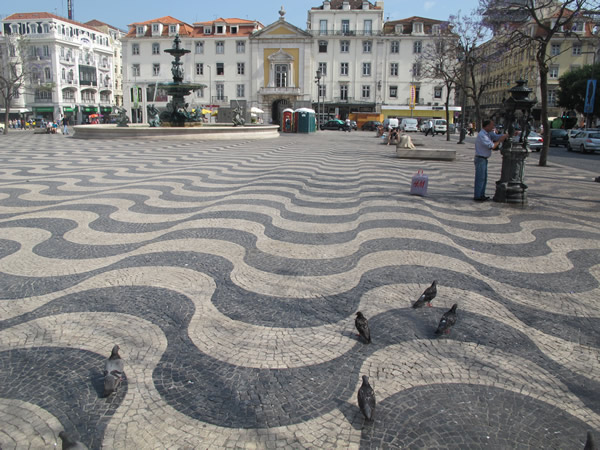Yet can they fulfil their promise. We know we need to connect to keep in touch and know what is going on, to create opportunity or to learn from the best. The manifesto of 20 international cultural networks launched by Trans Euro Halles is a succinct summary of their potentials. See more
UNESCO’s Creative Cities Network (CCN) of 116 cities is one of the best known in the arts and culture field. The CCN balances the organization’s well-known heritage designation by also highlighting contemporary creativity. Effectively UNESCO gives prizes for having something unique or doing something unique. Significantly creativity is a renewable resource and heritage a non-renewable one and it is the combination of the two that often creates the most sublime potential.
The designation rewards a city for its activities in one of seven categories – gastronomy, music, media arts, design, folk arts and crafts, literature and film (the plastic and performing arts are not included, yet hopefully that might change).
So far so good, but what are its prospects and potential. Everyone knows the various ways the contemporary imagination and heritage can benefit places from creating a sense of belonging to inspiring people to economic spin-offs. Yet, there are many questions in relation to the Creative Cities Network including the rights and responsibilities of being given a ‘gift’, what are the mutual expectations, what are the needs, the challenges and effects and how effective is a network that is growing so fast.
Similar questions concern all cultural networks. This calls for reflection and it is what UNESCO is doing. It is undertaking a review in collaboration with Charles, the city of Östersund, Mid-Sweden University and Mannheim to explore those expectations, potentials and impact.
The name UNESCO is prestigious so many cities are keen to become designated, which involves going through a nomination process. Do they only want to join, because of the name and as a marketing tool without giving anything back? Yet in effect by being associated with UNESCO a city becomes part of the UN family and the UN has a worthy mission to foster issues like gender equality, positive approaches to diversity or transparency. Are these not obligations for cities to pursue.
Yes – the city has the right to use the name, but is the whole city taking the designation seriously enough to put a cultural perspective to urban development centre-stage given that it is a UNESCO designation. This means thinking culturally and means not being easily swept away by global trends where everyone copies everyone else. Are member cities saying: ‘yes let’s be jointly responsible for addressing the big issues that really matter, yes let’s have a global rules system, but let’s also be distinctive in how we go about things highlighting the distinctive, the special and the unique that makes a place a place’.
The review will explore mutual expectations; how the specific themes, like gastronomy, are pursued to achieve tangible outcomes and how the designation has given things an extra push. Further whether real new connections and collaborations have been established and whether cities feel an obligation to help cities less fortunate than themselves. Crucially we will explore impacts. Has there been an effect on local businesses, has employment been generated, has community involvement increased, have the young become more interested in being involved in culture. And importantly did the UNESCO designation help. We will keep you informed of the results in September 2016.

